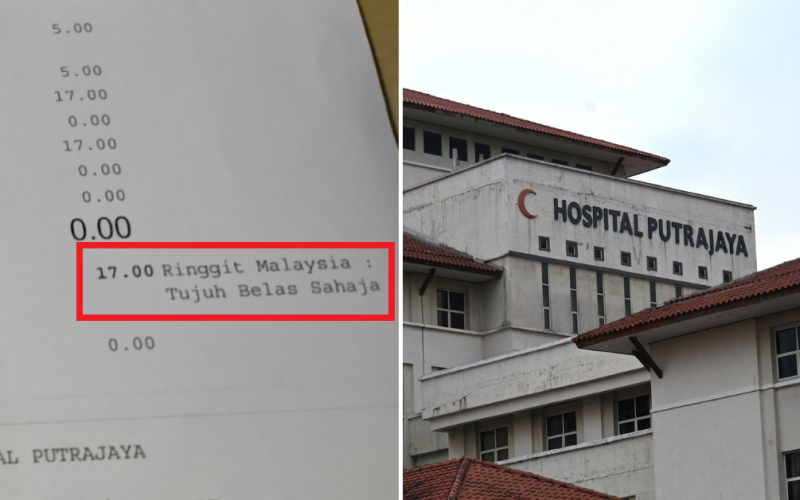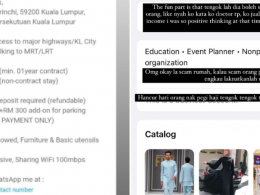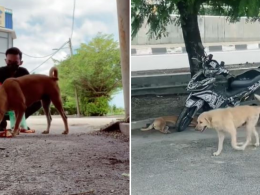No mother wants to see their child bear the burden of suffering though illness, and would only hope that they would grow up healthy to lead well-adjusted lives. Tragically, that was not to be for 12-year-old Zarif, who passed away after suffering from kidney failure back in 2020. In remembrance of the 1,000th day since his passing, his mother Anna took to sharing a bittersweet moment from his final days as they were taking him home from hospital.
Nurses in KL hospital share tearful farewell hugs with little boy
Dedicating the video to the General Nurses and Dialysis Nurses from Hospital Tuanku Azizah Kuala Lumpur’s Pediatric Dialysis ward, Anna expressed her unconditional thanks to them for the love and care that they poured into taking care of her son during his numerous dialysis treatments.


In the clip, members of the hospital faculty who knew Zarif well could be seen tearfully hugging the young boy and saying their farewells after learning that his condition was incurable. Knowing that no amount of medical intervention could have improved his odds of survival, they made the decision to take Zarif home, where he could spend what time he had left in the familiar comfort of his own home.

Just three days after he was discharged, Anna shared with WauPost that Zarif was admitted back into the hospital after experiencing bleeding. He was promptly warded into the Palliative Care Unit, where they could only perform pain management on him owing to his critical state, before he passed away on May 17th, 2020.
Diagnosed with PUV at birth

Explaining her late-son’s battle with his health, Anna explains that he was diagnosed with posterior uretheral valves (PUV) at birth, which is a condition brought on by obstructive membranes that develop in the urethral tract which prevents urine from being drained from the bladder. Consequently, this causes a reflux reaction between the bladder and the kidneys, resulting in impaired kidney function.
“His right kidney function was at 30% and 70% for the left one. Over years the function in both kidneys deteriorated,” she said.

Things took a turn for the worse in 2017 when Zarif collapsed. Rushing him to hospital, Anna was informed that her son’s kidneys could no longer function, which meant that he would require constant dialysis treatments at just the age of 10.
“Dialysis is supposed to help prolonged one’s life but this is a not a definite solution to kidney patients.”
In Zarif’s case, they managed to extend his chances of survival by up to over two years through dialysis. But his condition became terminal when his dialysis point was blocked, rendering dialysis treatments useless.

Going in three times a week, Anna recalls every dialysis session to last up to 4 hours.
“Everyone’s tolerance to dialysis is different, and kids usually have less tolerance during the process. They can experience headache, vomiting, leg cramps, stomach cramps.”
Owing to the side-effect, nurses often had to keep a close eye on Zarif’s condition.
When asked about what Zarif was like growing up, she describes her late-son as being an easy-going kid who enjoyed cooking shows and had even wanted to own a food truck of his own.
“But due to his illness, he cannot be physically active especially with his dialysis port on his chest, because it could be dislodged or encounter risk of infections.”
Through sharing her story with Zarif, Anna hopes that more awareness can be created over child dialysis and that no other children will have to experience what her son went through.
Tap here to give us a ‘Like’ on Facebook and stay up-to-date on the latest news!









